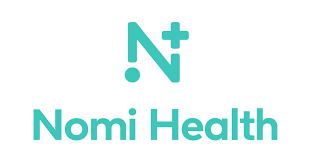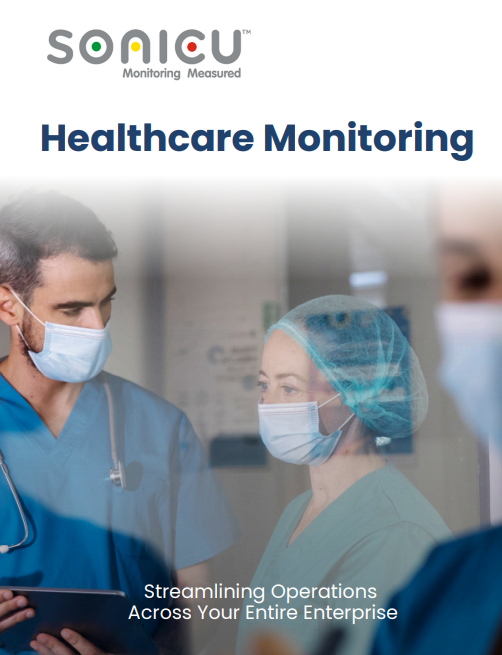
Healthcare Monitoring
Overview of Sonicu's cloud-based platform for real-time environmental monitoring.
Designed with safety, efficiency and compliance always top of mind, we’ve evolved over a decade with continuous improvements from customer feedback. Serving the healthcare, research and food service industries.
Sonicu offers a comprehensive suite of monitoring solutions
that help organizations safeguard assets, automate compliance and reduce manual processes.
Sonicu offers a comprehensive suite of monitoring solutions
that help organizations safeguard assets, automate compliance and reduce manual processes.
From protecting vaccines and research materials to safeguarding food service and facility operations, Sonicu’s monitoring applications cover temperature, humidity, pressure, and more. Whether you’re in healthcare, life sciences, food safety, or other industries, Sonicu provides visibility, compliance, and peace of mind across all your critical applications.
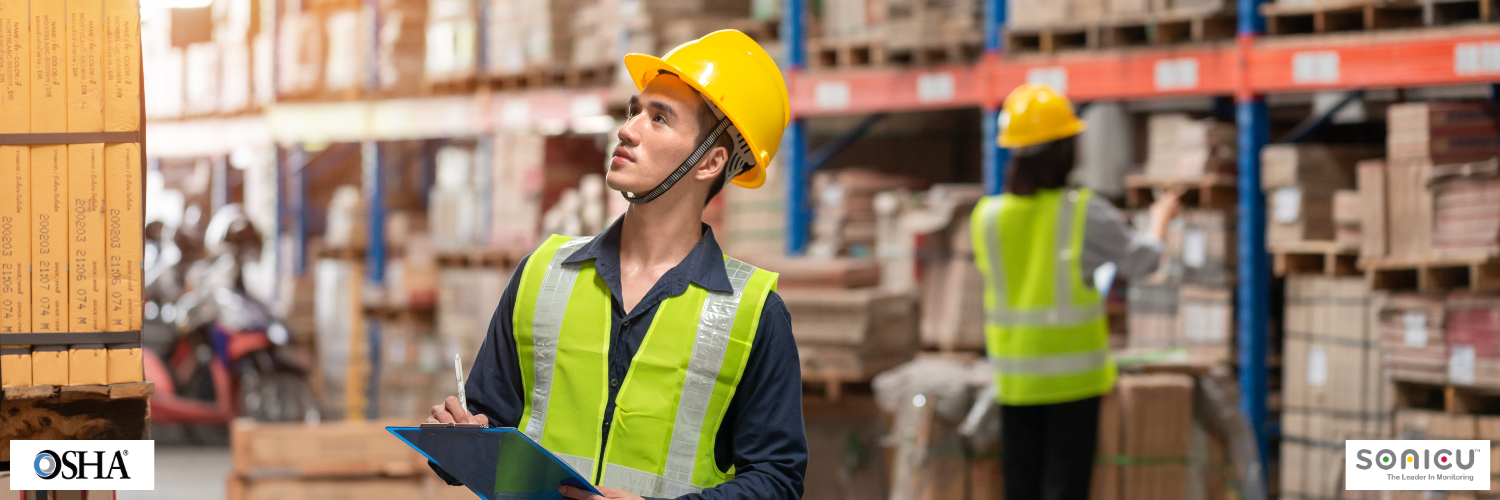
Understanding Heat Stress and OSHA Regulations: How to Protect Your Employees and Ensure Compliance
Whether you're storing pharmaceuticals or manufacturing critical components, Sonicu helps your operation stay FDA-compliant with real-time monitoring, automated reports, and validated data integrity.
Built on secure AWS infrastructure, our platform supports 21 CFR Part 11 with full audit trails, e-signatures, and non-editable logs so your quality team can be confident on inspection day.



.png?width=95&height=95&name=image%20(9).png)

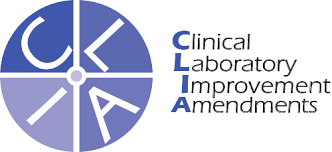


Ensure pharmaceuticals, laboratory, and food products are stored within the required environmental conditions.
Sonicu’s 24/7 monitoring and data logging tools help regulated facilities stay compliant with FDA expectations for temperature, humidity, and pressure controls. Validated system with built-in compliance features for FDA-regulated storage

Generate clean, time-stamped reports with just a few clicks, perfect for FDA reviews.
With Sonicu, you don’t scramble for records during inspections. Our system generates audit-ready reports and maintains historical data securely in the cloud. Complies with 21 CFR Part 11 e-signature and timestamped recordkeeping.

Prevent costly excursions with real-time, intelligent alerting.
Avoid product spoilage or contamination with Sonicu’s SMART alarming. Receive alerts when conditions breach defined FDA thresholds, no matter where you are. Integrates with FDA-mandated QMS workflows to support corrective action documentation.

Monitor critical conditions anytime, anywhere with secure, cloud-based access.
FDA-regulated operations demand continuous visibility. With SoniCloud, your team can track every monitored point in real time and access compliance logs on demand. Hosted on secure AWS infrastructure to meet enterprise-level IT and FDA data standards
.png?width=1250&height=937&name=Stay%20Ahead%20of%20Compliance%20and%20Downtime%20(1).png)
Our team helps configure and validate your system to meet FDA expectations.
We help you hit the ground running with FDA-aligned configuration, IQ/OQ options, and expert-led onboarding. IQ/OQ documentation and protocols included to support FDA validation and inspection readiness.
.png?width=750&height=556&name=Sonicu_Product_Bundle_with_Laptop_Tablet_Phone_Hub_Meters_and_Sensors%20(1).png)



.png?width=1250&height=937&name=Stay%20Ahead%20of%20Compliance%20and%20Downtime%20(1).png)
.png?width=750&height=556&name=Sonicu_Product_Bundle_with_Laptop_Tablet_Phone_Hub_Meters_and_Sensors%20(1).png)
Sonicu’s SNAP Calibration program provides an easy & cost-effective way to maintain regulatory compliance without the hassle of conventional recalibration.
With SNAP Calibration enrollment, Sonicu provides new sensors with NIST traceable calibration certificates prior to your current expiration date. Calibration compliance is as easy as removing the old sensor and snapping the new sensor into place.
Cloud-based software platform allows management of multiple points and locations and documents temperatures and quality control for regulatory compliance.
Whether you're storing vaccines, medications, or food, Sonicu helps you maintain compliance with FDA regulations by continuously monitoring key environmental conditions.

Sonicu helps reduce manual documentation and inspection stress with:

Sonicu customers depend on our advanced monitoring setup to stop product loss before it starts. In this video, hear firsthand how expert configuration, tiered alarms, and real-time data visibility helped one organization protect its most valuable inventory.
Ensure patient safety and regulatory compliance with confidence. Sonicu provides reliable, 24/7 monitoring for vaccines, labs, blood banks, and cleanroom environments, helping you protect patients and maintain critical standards.
Provide automated environmental monitoring that supports a wide range of pharmacy types. Sonicu streamlines regulatory compliance, protects high-value medications, and reduces operational risk. From continuous temperature, humidity, and pressure monitoring, our platform gives you the tools to simplify compliance for USP, BoP, CDC, and more.
Protect food safety at every stage. From manufacturing to distribution and commercial kitchens, Sonicu helps protect food safety at every stage. Our real-time temperature monitoring, smart alerts, and automated digital logs support compliance with HACCP and FDA regulations, ensuring your food stays safe, your operation runs smoothly, and you're always inspection-ready.






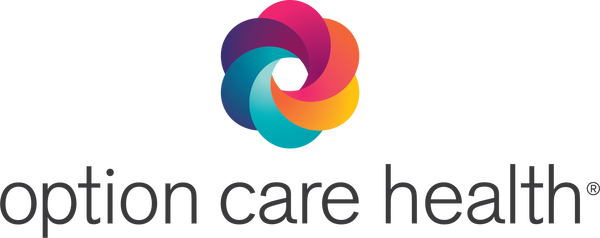

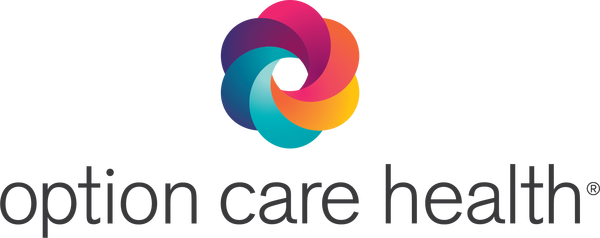
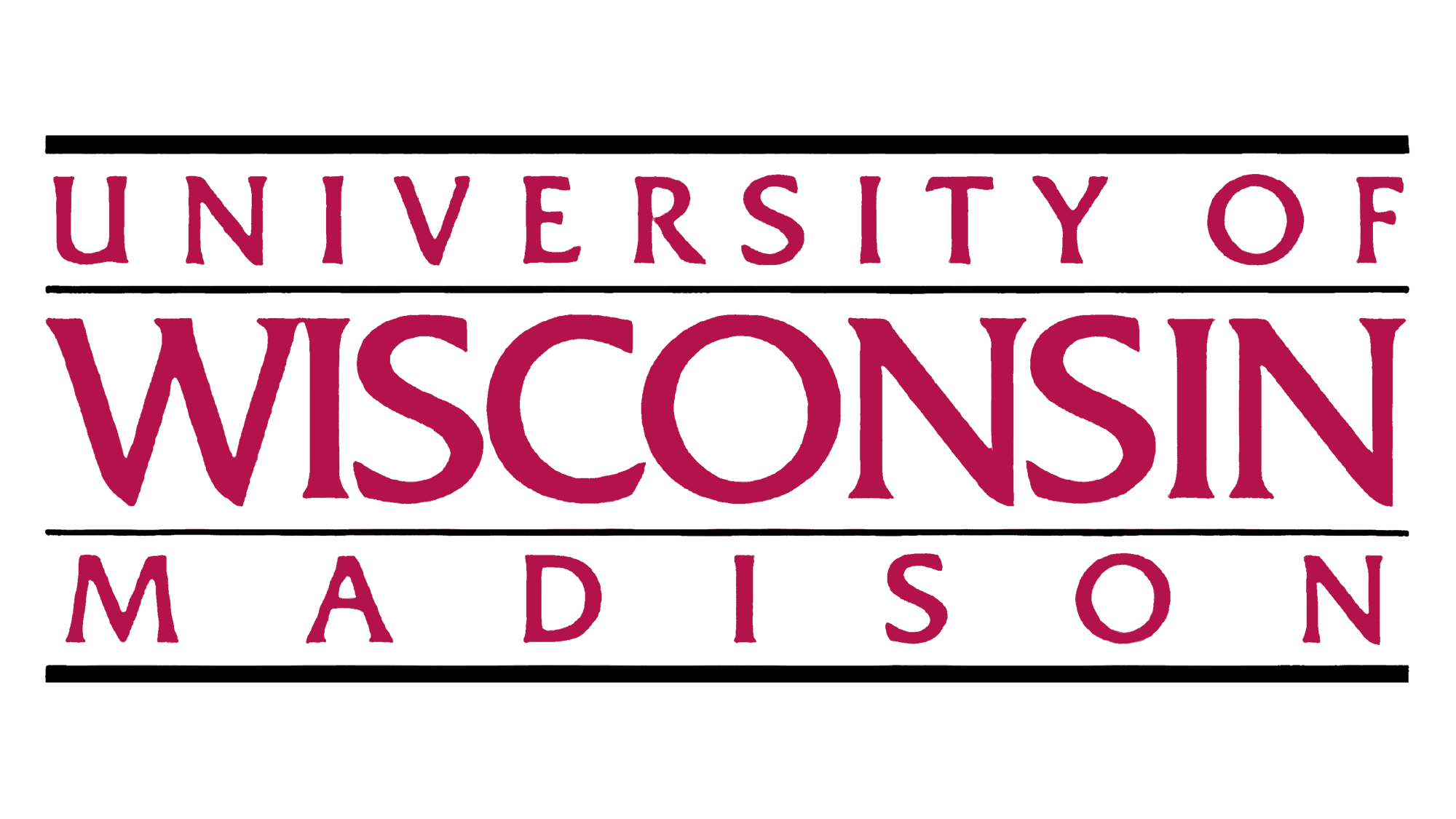



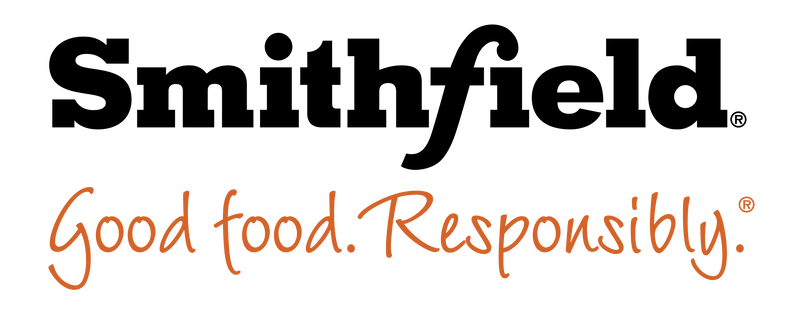
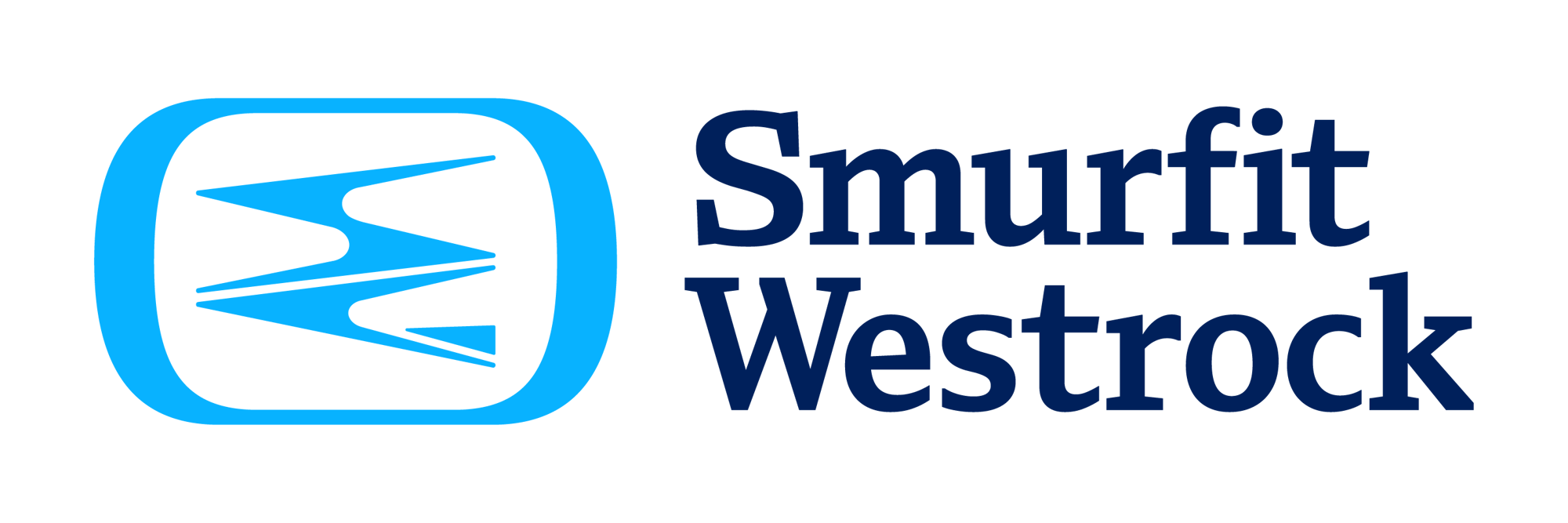
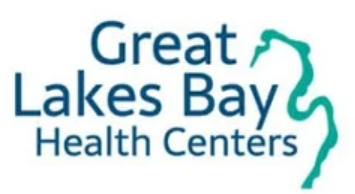

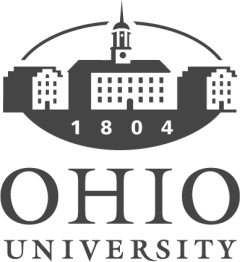

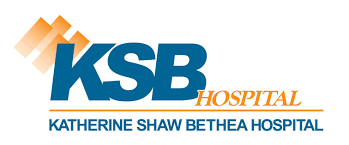
Our policy is to check temperatures on all our fridges and freezers twice a day. With small outlying clinics that aren’t staffed seven days a week, we’d come in Monday morning, hoping the temperatures held steady over the weekend. We needed visibility on the fridges, especially after the loss we just suffered.

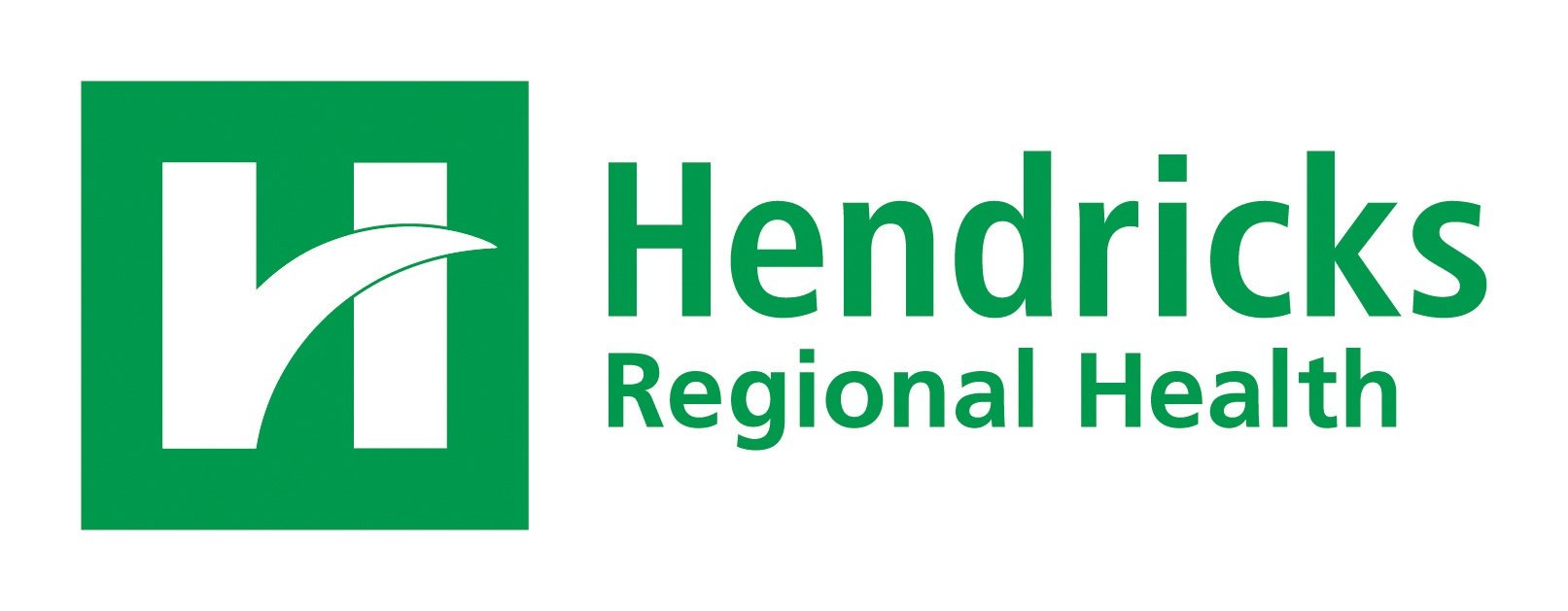


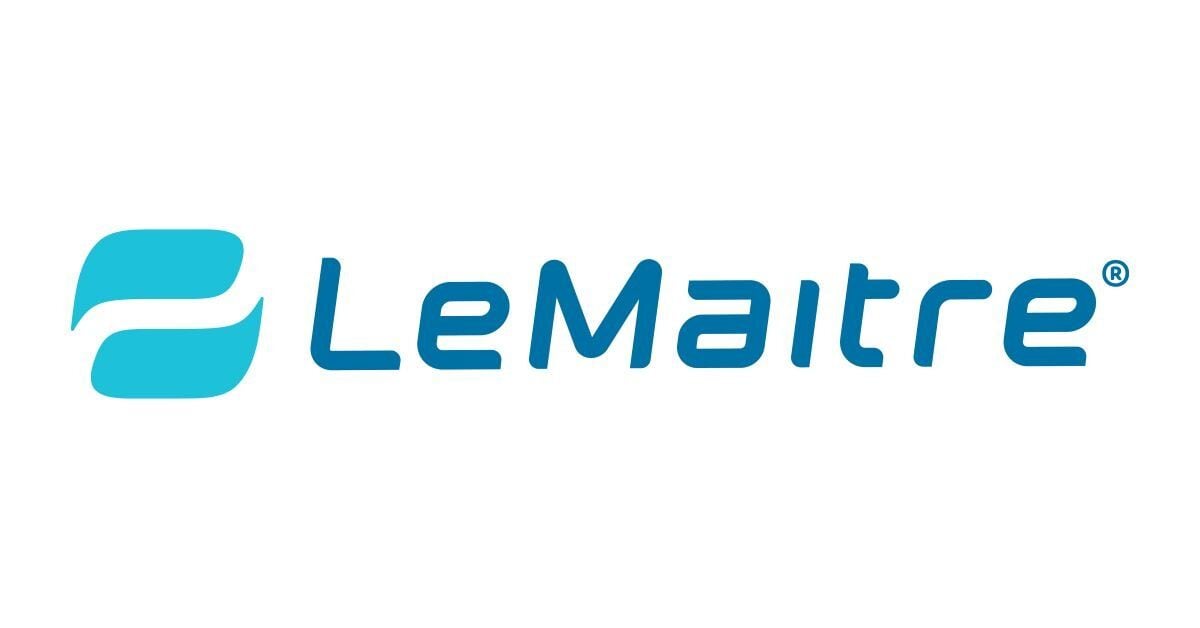
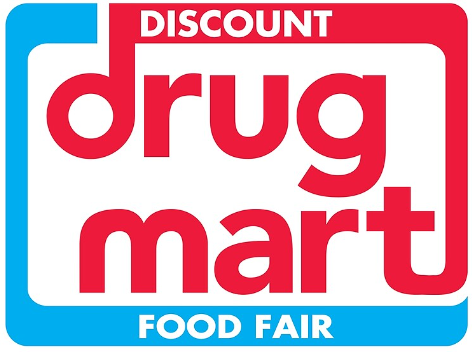
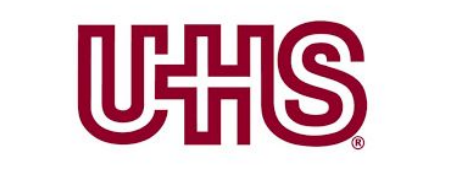
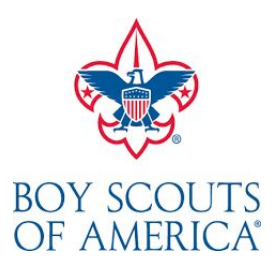
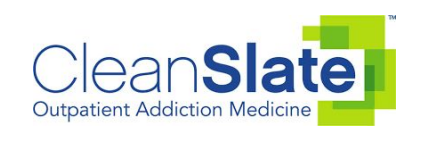
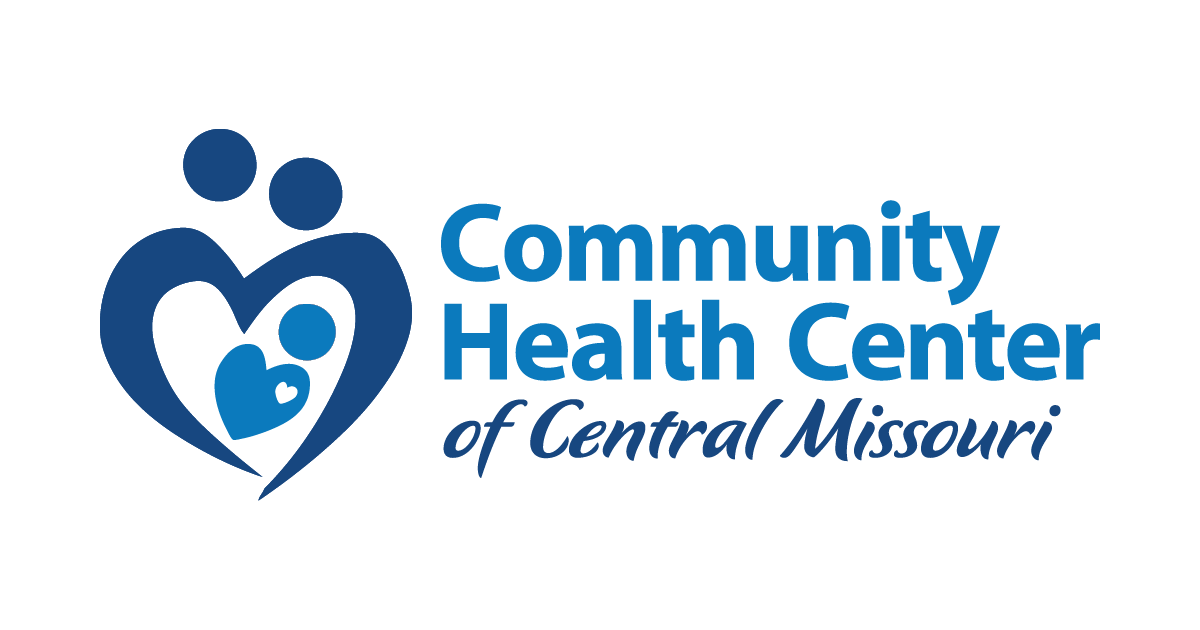
When we put the numbers in front of our leadership and showed them how much time we were going to save with a remote system and automated monitoring versus the time we used to spend managing the system, it was a no-brainer, and we pulled the trigger right away.

